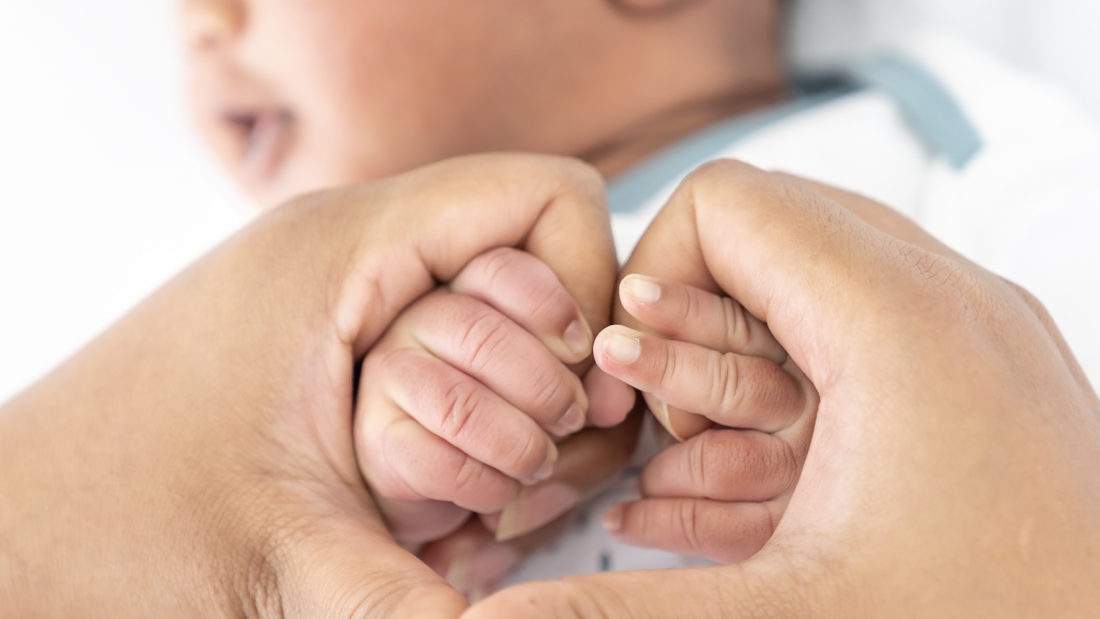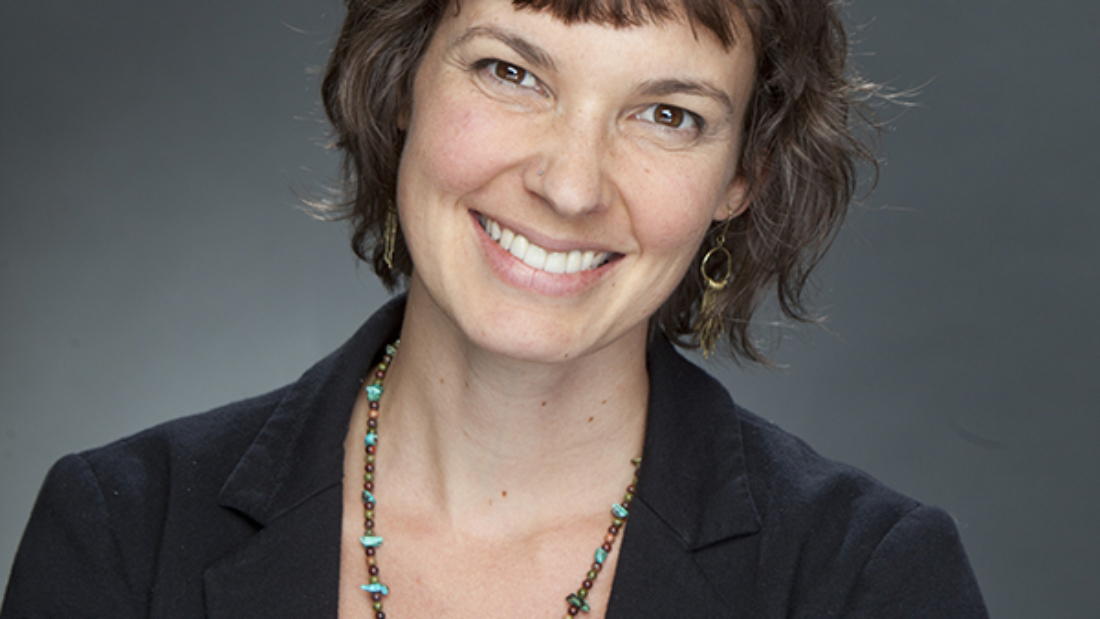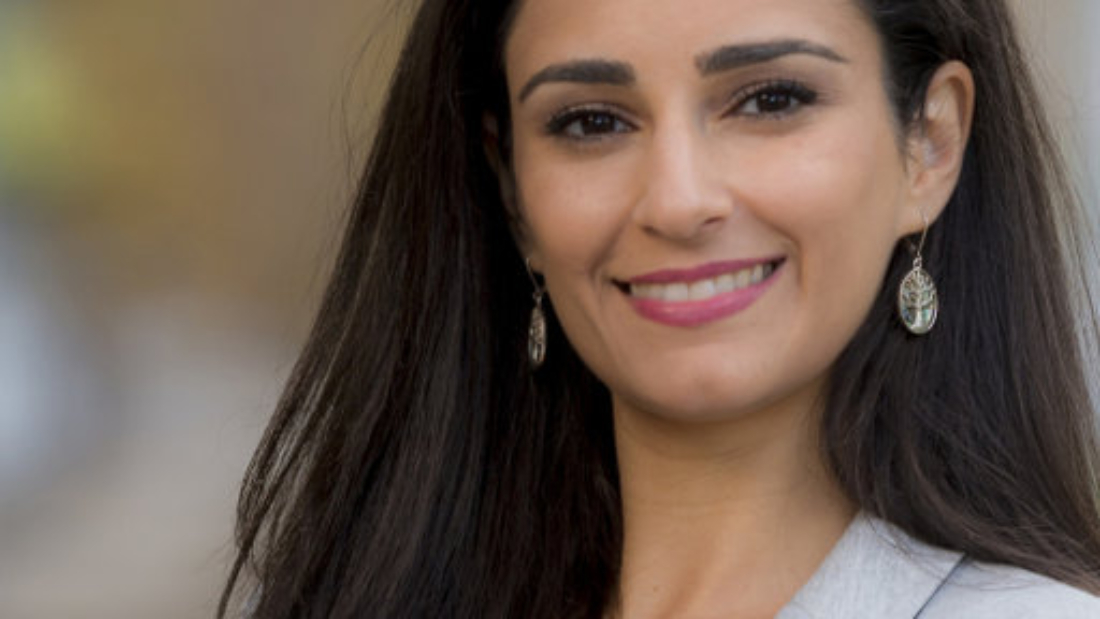cancel culture: the act of damaging someone’s life or career because they made human error
– urban dictionary
In this day-and-age, it would be nearly impossible to have not witnessed firsthand the modern phenomenon of cancel culture. Cancel culture operates under the guise of accountability, yet the process by which cancel culture occurs lacks enough integrity to actually be supportive of any sort of true accountability. When a person or institution is “cancelled” due to a past or current mistake or even intentional harm, they are boycotted and publicly humiliated. But at Nurturely, we align more with the goals of accountability culture. Accountability culture, according to Urban Dictionary (which to be clear, is a crowdsourced – not a peer reviewed – source of evidence) means: “when a person is held accountable for their words or deeds by losing privileges such as jobs, book deals, social media followers, etc.” We love the concept of accountability culture because it supports growth through the enforcement of consequences. Consequences are necessary! Focusing on accountability does not demand perfection, it just acknowledges that when mistakes are made, people and institutions MUST admit their wrongdoings and take steps toward future mitigation of such transgressions or wrongdoings. In this way, accountability culture supports the creation of positive change – while cancel culture does not.
Nurturely’s values are built on a foundation of accountability. Every policy in our team handbook references the culture of accountability on the first page. Every volunteer, intern, employee, or board member who is interested in getting involved at Nurturely goes through an equity and accountability screening. Every collaboration we start articulates clear shared goals and shared understanding of values before we move forward. These screenings and standards don’t demand perfection (from either side!), they just require a set of shared values and a desire to learn and be accountable when mistakes are made. When this shared understanding of values has been breached by either party, we go back to the drawing board to reassess where accountability was lost and whether values are in fact still in alignment. Although we have strict values of active antiracism and intersectional inclusion, we also support growth in these areas and deny the requirement of perfection. Accountability culture, but not cancel culture, allows for this.
But let’s take it a step further. What both cancel culture and even accountability culture are lacking is one thing: relationships, and direct honest communication. Cancel culture operates, pretty specifically, in the very anonymous (and often outraged!) spheres of the internet. Accountability may manifest publicly, or it may be confined within the structures or social networks that are most impacted. This can be both good or bad, given that public accountability can be important and relates to transparency, which is a critical component of accountability.
What relational culture adds is the nuance between public and private, the important factor of human connection, as emphasized by Nurturely Equity Lead Ayisha Elliott and outlined beautifully by Relational Uprising. Whether the process of accountability is completely private or completely public, these both can occur without an actual, face-to-face exchange. We are omitting the human connection in the process of accountability. At it’s core, this negates the humanity that is required for the work of antiracism and intersectional inclusion. Relational culture demands that the human connection is centered and prioritized.
Recently, a well-respected leader in the field of birth equity was put under the fire of cancel culture for posting an incendiary article on public social media. The article proclaimed a rejection of transgender inclusion, with the purported motivation that transgender inclusion goes against the protection of Black women and that policies such as genderless bathrooms cause harm for Black women by perpetuating the culture of rape and sexual violence against all women, but in particular Black women. While we absolutely acknowledge and take very seriously our current culture of sexual violence, and acknowledge that Black women are in fact disproportionately impacted by rape and sexual assault of all types, this article was misinformed at best and violent and exclusionary at worst. However, our approach is to lead with curiosity, and practice transparency, human connection, and direct communication. These approaches led to a 2+ hour face-to-face conversation between myself and this leader, followed a few weeks later by a 3+ hour conversation between Nurturely Equity Lead and this leader. Through a relational approach, we sought to understand the purpose behind this posting, the actual beliefs held by this person on this issue, and the specific implications for both the thousands of birthworkers (many of whom are transgender and nonbinary) who have trained under her as well as the much smaller but still important partnership that we had in place for training and supporting a multicultural cohort of birthworkers at the Nurturely Lounge in Oregon. Through our conversations, both Ayisha and myself learned that: 1) she had not actually read the article and posted it without understanding where it had come from or what it actually meant, 2) she has a deep love for all people who are committing to birthwork and especially those training with her, and 3) there was accountability to the fact that generational, religious, and cultural perspectives have shaped some misunderstandings regarding the modern conversation on gender expansion and inclusion, and most importantly 4) there was a clear desire to learn and expand her knowledge on this topic.
Through these conversations, we not only took into account a misplaced and ill-informed article, but considered the breadth of culture and experience that was represented in the work of this leader, elder, and tireless advocate for birth equity in Oregon and across the world.
Relational Uprising shares that the framework of relational culture allows us to “explore identity as both an important site of inclusion and justice, and as a complex reality rooted in a long history of social construction and division, exploring how we can reclaim and honor together the stories that make up each of our lives, lineages, legacies and organizations.” This resonates. While cancel culture would have immediately turned to boycott and rejection, a relational approach led to accountability and resource-sharing for learning. We have decided to move forward with a continued partnership for these reasons.
To be clear, sometimes “cancelling” is warranted, especially when accountability is incomplete and relationships are unprioritized. But at Nurturely, we will always make sure that before cancelling, a relational conversation, an opportunity for accountability, and a space for shared humanity and intentional growth are co-created. Only then, can we make progress toward these massive goals of an antiracist and inclusive society.




